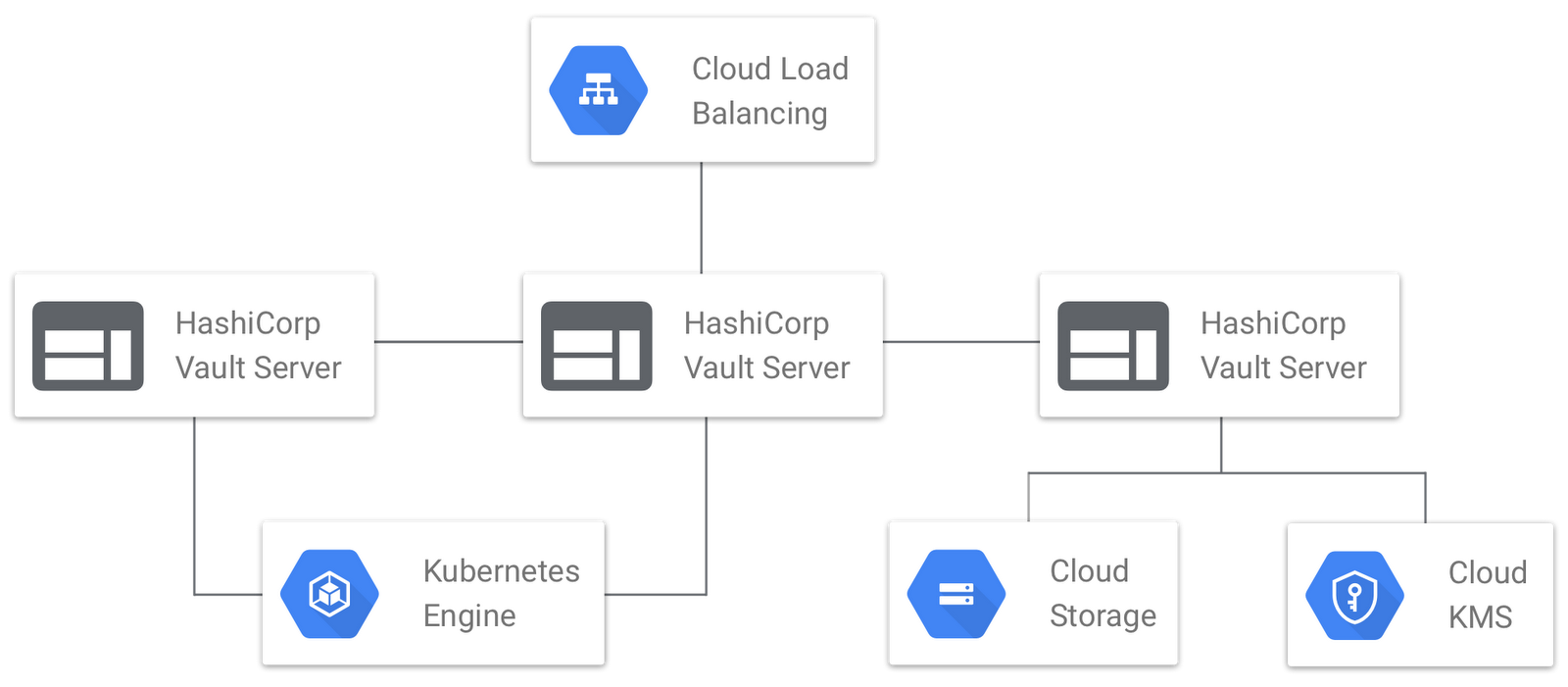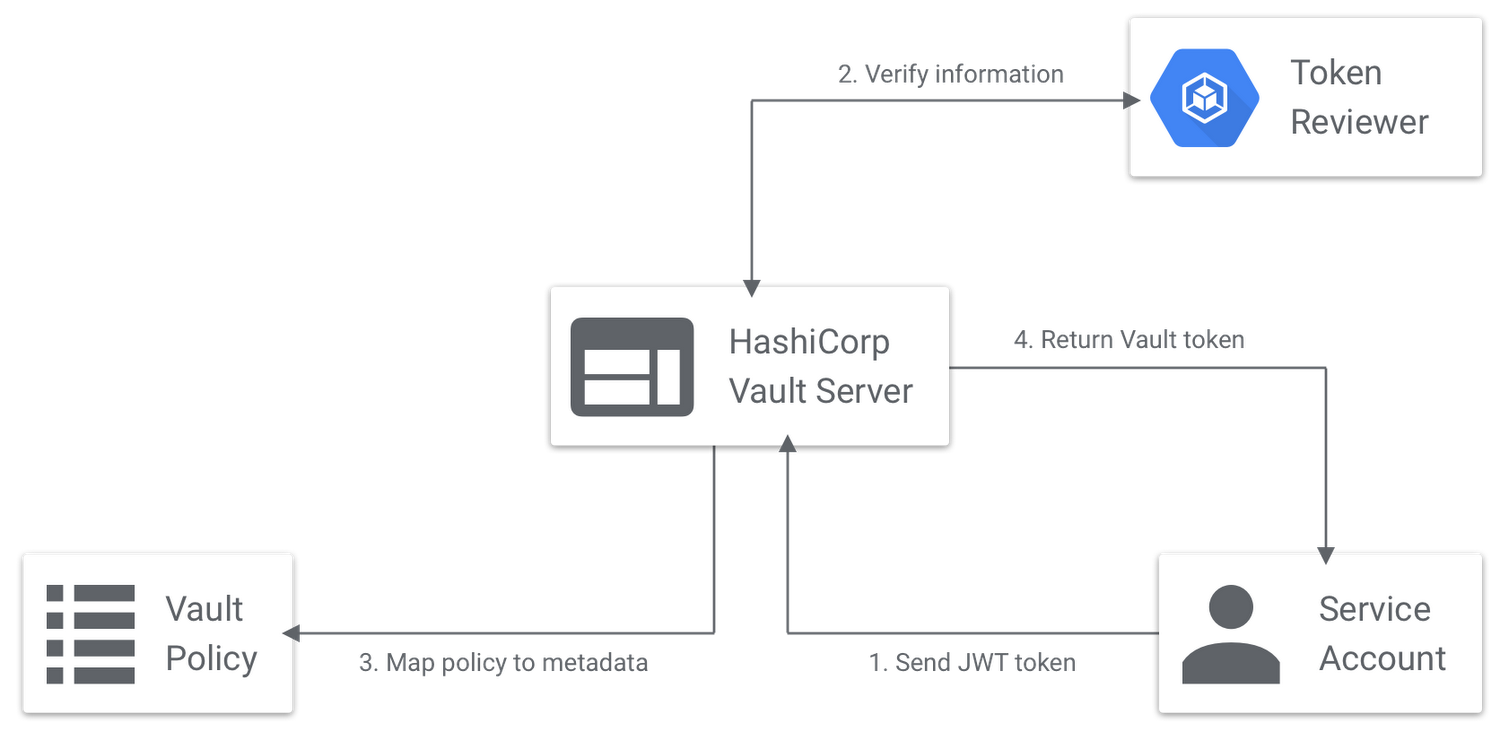
🏗️ Vault's Multi-Layered Architecture Complexity
September 2025 update: HashiCorp's pricing makes about as much sense as their decision to kill Terraform's open source license. They've split Vault into three different products, each designed to extract maximum cash from different victim types.
HashiCorp's Three-Way Cash Grab
Look, they've split this into three different products, each designed to fuck you differently:
HCP Vault Secrets - The SaaS trap that's getting killed off. Started at $0.50 per secret monthly, which sounds reasonable until you realize that's $6/year per secret. Got 1,000 secrets? You'd pay $6,000 annually for what AWS charges $360 for. No wonder they're shutting it down - nobody was buying at those prices.
HCP Vault Dedicated - Single-tenant clusters with pricing tiers designed to fuck you. The "Development" tier at $21.60/month explicitly excludes production use, forcing you into Standard at $13,823/year minimum. Classic SaaS upsell trap.
Vault Enterprise - The "call sales" black box. Pricing starts at $13K but commonly hits $200K+ based on client count. Community reports show 20-58% price increases at renewal. They know switching costs are brutal, so they squeeze accordingly.
What You Actually Pay (After Sales Lies to You)
The license fee is just the cover charge. Here's where they really get you:
HCP Vault Secrets - Looks cheap at $0.50/secret/month until you hit scale. That free tier with 25 secrets? Pure marketing. The 100 app limit per project means you'll outgrow it in about a month.
HCP Vault Dedicated - The pricing jump is intentionally painful. Development tier at $21.60/month explicitly excludes production use, so you're forced into Standard at $13,823/year minimum. Classic SaaS pricing trap.
Vault Enterprise - Sales will quote you $13K-$200K annually, but here's the fun part: expect 20-58% price increases when your contract renews. They know switching costs are brutal.
The Hidden Costs That'll Fuck Your Budget
The license fee is just the entry ticket. Here's what actually destroys your budget:
Infrastructure - Self-hosted Vault needs high-availability clusters. Three nodes minimum, plus storage, networking, backups. Budget $1,000-3,000 annually for infrastructure alone, more if you want actual performance.
Personnel - Someone needs to babysit this complexity monster. 0.25-1.0 FTE for operations means $25K-100K in annual labor costs. And that's if nothing breaks, which it will, because Vault's operational complexity is legendary.
Expertise Tax - HashiCorp's complexity isn't accidental. Expect $10K-50K for consulting and training just to get started. Then 2-6 months of deployment hell where nothing works like their documentation suggests.
The Reality Check - A self-managed Vault Enterprise setup for 1,000 secrets costs $50K+ annually when you factor in everything. AWS Secrets Manager? $6K. Azure Key Vault? Even less. Do the math.
Now that you understand HashiCorp's pricing psychology, let's break down exactly what each tier costs in the real world.

